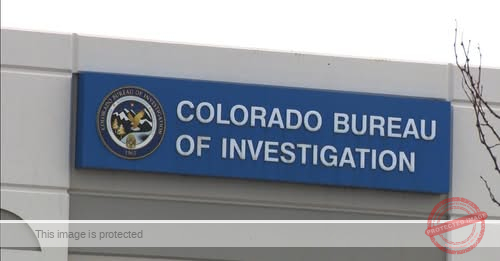
She says she was surprised by the judicial department’s request for money, saying no one knows how many cases will result in new trials.
“There are so many unknowns with this entire scandal,” Zokaie said.
The CBI says Missy Woods handled 10,000 cases over her 30 years as a DNA analyst, and it found anomalies in 1,000 cases. But it hasn’t said if any of those anomalies would change the outcome of the case. Zokaie’s bill calls for the lab to notify district attorneys of all misconduct by September. The DAs then must notify defendants, public defenders and victims.
“The initial work is going to fall on defense lawyers dig into cases to review these cases and talk to clients and find out if they want to challenge their convictions. And if they do, then look at whether it’s viable,” says James Karbach with the Public Defender’s Office.
 CBS
CBS
He says with 10,000 it will take time to determine whether misconduct played a material role in any one conviction.
“Predicting how many cases would reach a courtroom for a judge to rule on is very difficult,” Karbach said.
But waiting another year, he says, is unacceptable. If the judiciary doesn’t drop its request for money, Zokaie says the bill could die.
“There are so many departments that have extra work because of the scandal and they are finding ways to make that work. So I think the judicial department can as well,” Zokaie said.
State Rep. Matt Soper, who is co-sponsoring the bill with Zokaie, also questions the judiciary’s request for money, saying it’s speculative at best to say how many cases will end up back in court.
The bill also addresses future misconduct — requiring lab employees to report wrongdoing, the lab director to investigate it, and DAs to notify those impacted.
It has support from Democrats and Republicans and defense attorneys and prosecutors. It is stalled right now in the House Appropriations Committee, and it still needs to go through the senate.
“It’s not a bill that’s lost, it’s justice for people. It’s truth, it’s the integrity of the system. It’s repairing the harm. It’s having a system that makes sense on laboratory misconduct,” said Karbach. “As a state we can’t do that.”
